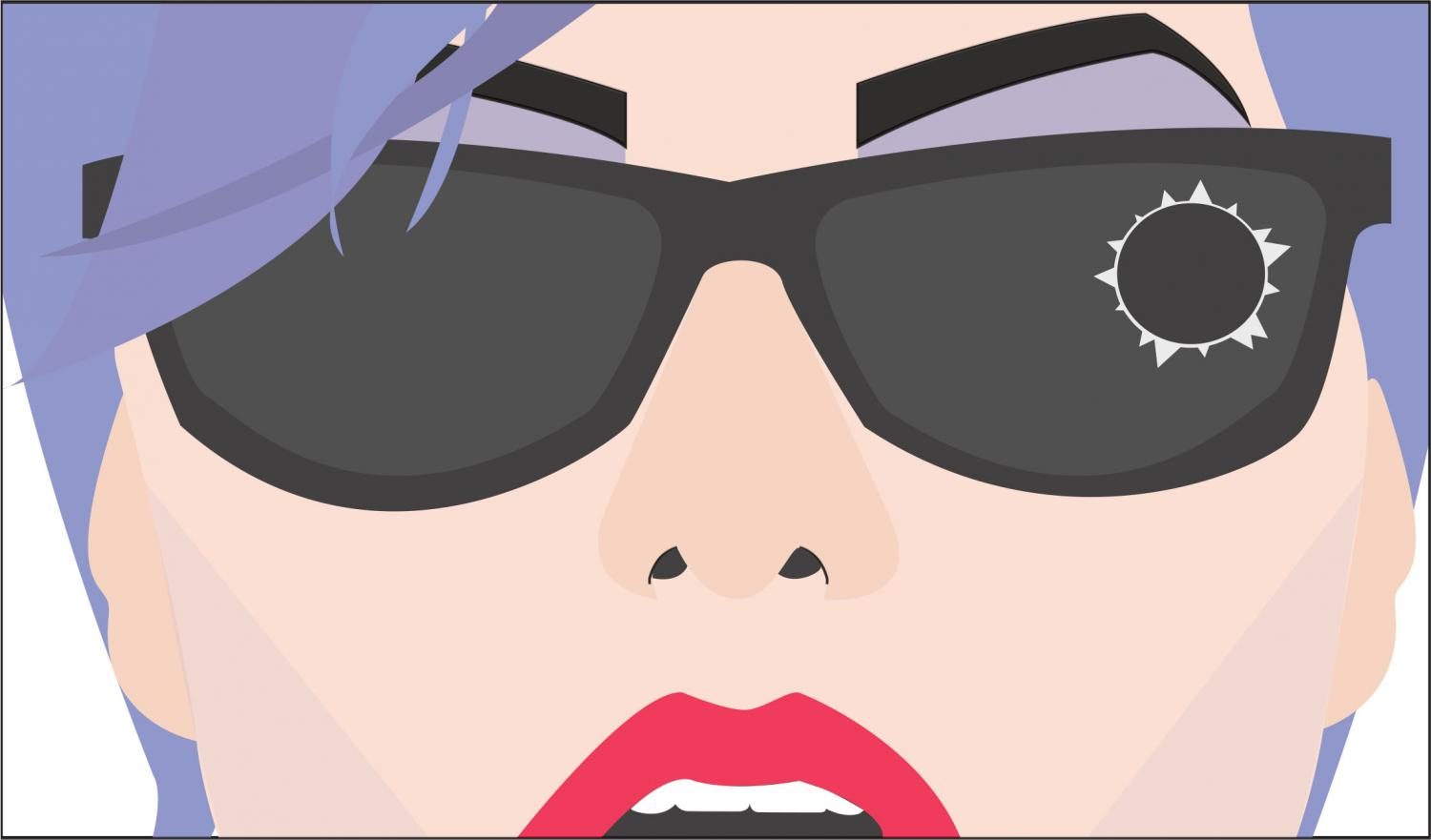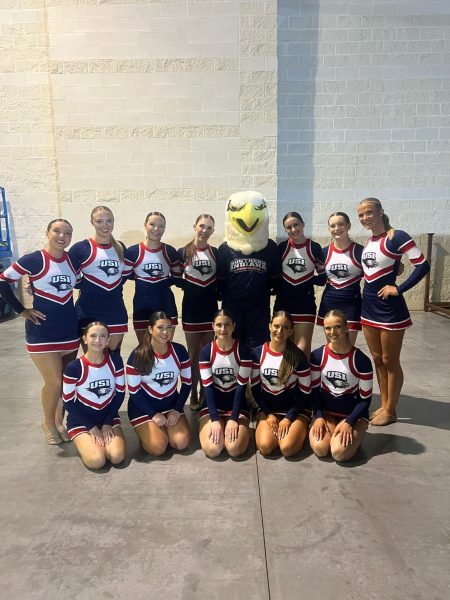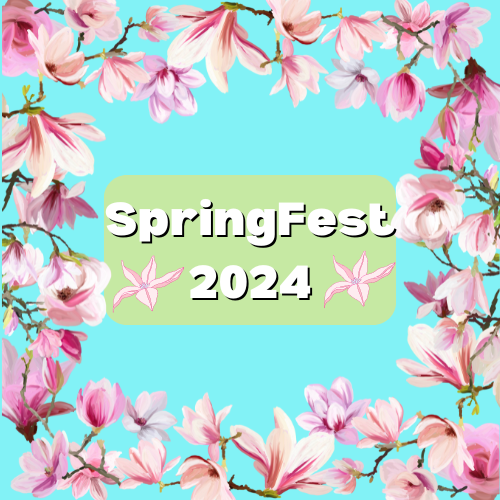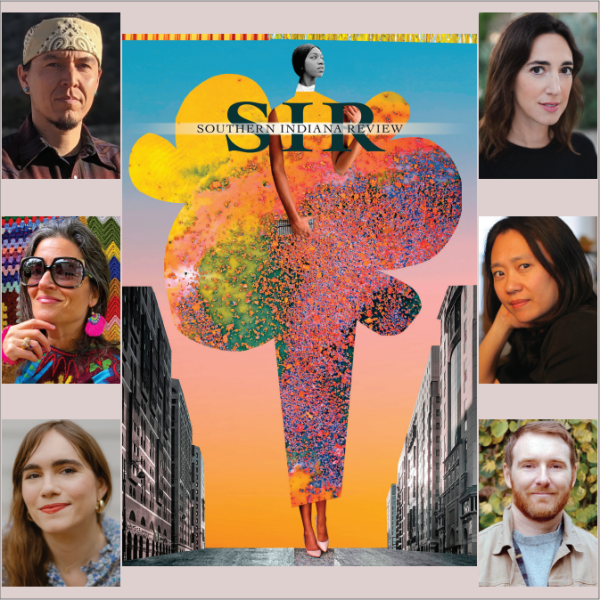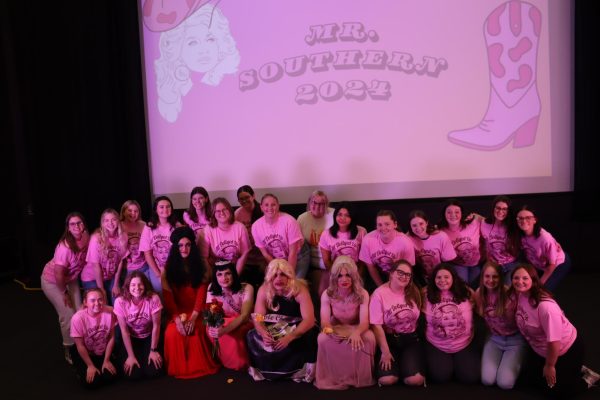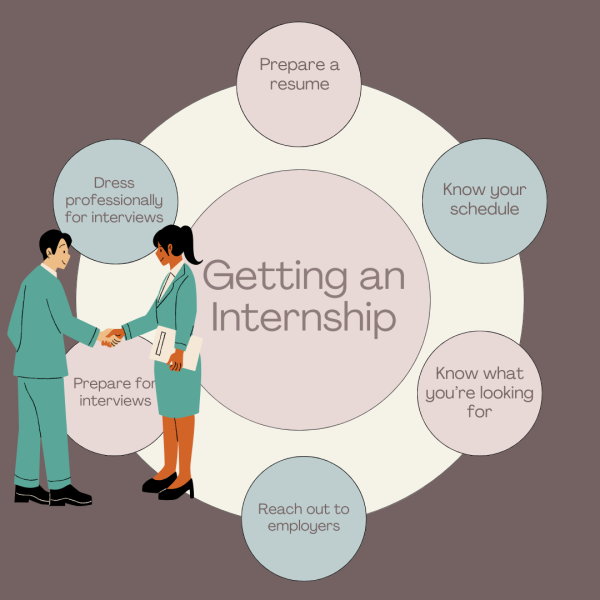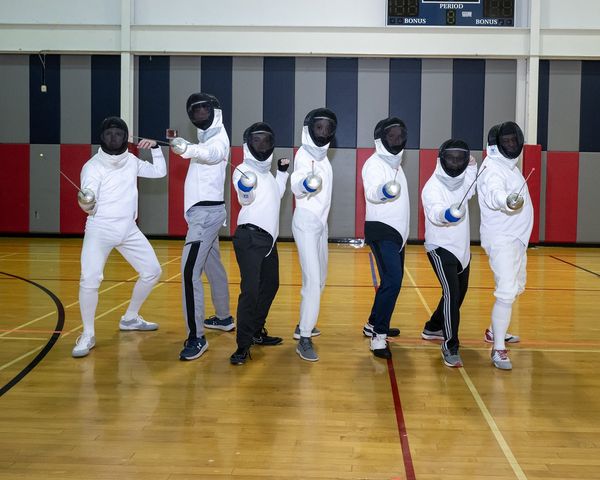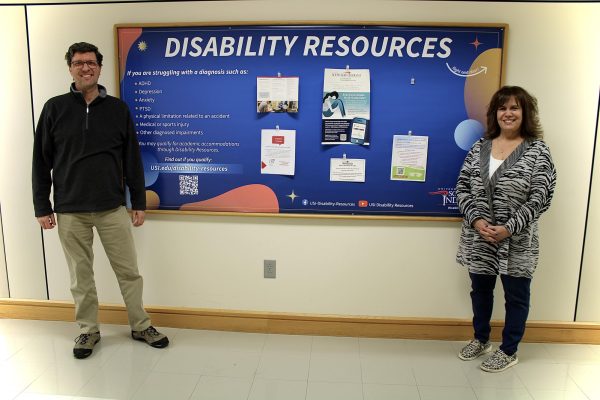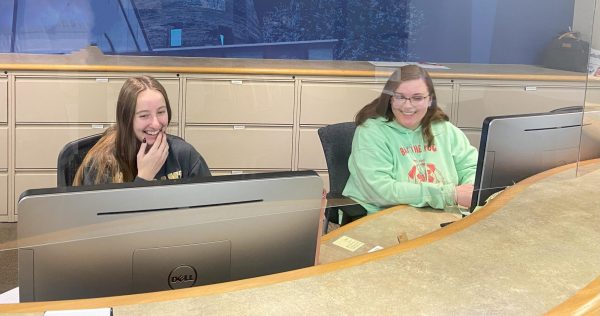First total eclipse since 1910 excites, intrigues
On the first day of classes, the sun will disappear behind the moon, turning daylight into twilight.
This phenomenon is known as a total solar eclipse.
While total solar eclipses happen every year or every other year, the total phase of the eclipse can only be viewed within the path of totality. This path generally falls within the endless miles of the Sahara Desert or somewhere along the ocean, according to NASA.
This year, the university has the opportunity to view a partial eclipse on the August 21. The Geology and Physics Department will host a public viewing of the eclipse from 11 a.m. to 3 p.m. August 21 on the University Quad.
The Shield reached out to the university for a comment regarding canceling classes on the first day but did not receive a reply. However, the university responded to a student on Twitter saying, “It’s considered a bad look to cancel classes on the first day of classes.”
Sophomore math major Emma Wargel said she is “so excited for the eclipse it’s ridiculous.”
“I’m constantly fascinated by anything that pertains to space or the moon and stars,” Wargel said. “I think it’s awesome that in the middle of the day, it’s basically going to be night time for four minutes with a full sky of stars and everything.”
Wargel said the seminar instructor of physics Matthew Merlo gave last year on the solar eclipse helped her to understand why the eclipse is so special.
“(Merlo) explained how the sizes of the sun and the moon, the sun being much larger, and the distances of both from earth, the moon being much closer, make the projection of them on the sky almost exactly the same,” Wargel said. “When they intersect, the moon is able to cross over the sun almost perfectly.”
A total solar eclipse will not be visible in Evansville until April of 2024, Merlo said. The last time a total solar eclipse was visible in the United States was in 1910.
“A total solar eclipse is pretty rare for certain geographical regions, such as the United States, particularly Evansville,” Merlo said. “The shadow the moon casts is much smaller than that created by the sun in a lunar eclipse, explaining the particular selection of people able to view it.”
Solar-filtered telescopes and eclipse-viewing glasses will be provided on a first-come, first-serve basis.
The eclipse-viewing glasses are necessary for viewers to wear when the sun is uneclipsed or partially eclipsed, according to NASA. It is only safe to view the eclipse within the very short window of totality when the moon entirely blocks the sun’s face, which will not be the case for viewers on campus.
NASA states serious eye damage and even blindness can occur from staring at the sun’s face for too long.
Merlo said the event on the Quad is open to university students and members of the community, as well as 600 elementary school children who have been invited to participate in the event. Merlo and a few other faculty members from the physics and astronomy department will be available to answer questions regarding the eclipse and the science behind it.
“What we are doing on the Quad is a great way to get people interested in physics and astronomy,” Merlo said. “If you have never looked through a telescope or have much knowledge of astronomy, this program is a great introductory to the science behind what creates the eclipse.”
Merlo said this event is unique because it takes place in the middle of the day.
“It will be very obvious to everyone something unusual is going on,” Merlo said. “Most eclipses occur early in the morning or late at night when people don’t feel like making the extra effort to view it. The timing of this eclipse will give people who wouldn’t normally make a point to view the eclipse a chance to see what it is all about.”
Freshman nursing major Kynda Eaton said she has always loved outer space since she was a child, even creating a desire to become an astronomer.
“This event is more special for me because of my love for science,” Eaton said. “I am able to appreciate the beauty and uniqueness behind it.”
Eaton said she is planning on watching the eclipse on the Quad.
“It’s such a rare event,” Eaton said. “It adds a bit of magic to life.”

